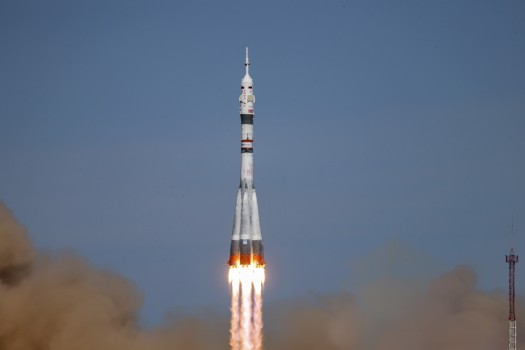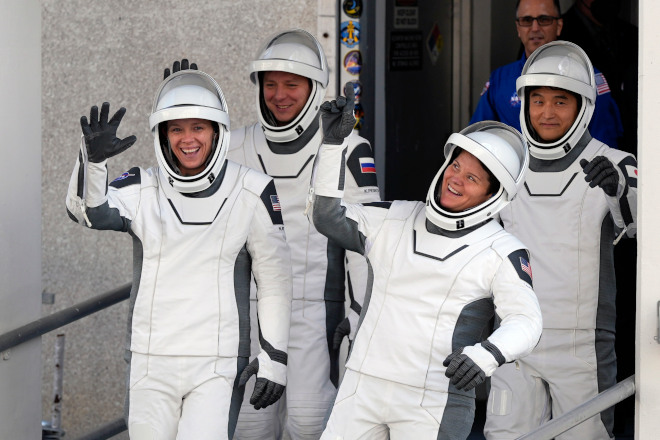
LONDON (PTI): In what may help save thousands of lives worldwide, scientists have launched a project which they claim could predict exactly when and where earthquakes will happen.
A team of British and Russian scientists has signed an agreement to work together on the project in Moscow.
The TwinSat project involves the launch of two satellites -- one of which the scientists say is about the size of an old TV set and the other smaller than a shoebox -- which will orbit the Earth a few hundred miles apart, 'The Independent' reported.
The two linked satellites will monitor zones with high seismic and volcanic activity, such as Iceland and the Kamchatka Peninsula in the far east of Russia. Data from the satellites will be collated with data from the ground as the scientists try to understand what natural warnings are given prior to earthquakes.
"As stress builds up in the Earth prior to an earthquake, subtle electromagnetic signals are released that can be read from the upper atmosphere.
"We want to try to work out how these signals differ from all the other things that are present at any given time," said Prof Alan Smith of University College London who launched the project.
Prof Vitaly Chmyrev of the Institute of Physics of the Earth in Moscow, one of the Russian partners, said the possibilities for progress in quake research were exciting and the project will "benefit both Russian and British science in addition to making the Earth a safer place".
Prof Chmyrev noted that in the days leading up to the devastating earthquake in Haiti last year, satellites picked up electromagnetic signals from the area, but they were only analysed afterwards. This project could be a huge step towards understanding how to read these signals.
"Just imagine if we could have accurately predicted the Haiti earthquake a few weeks before. Or if we had predicted the Icelandic volcano eruption that paralysed transport routes for weeks. The potential human and economic benefits are enormous," Prof Chmyrev said.
Peter Sammonds, Professor of Geophysics at UCL and another member of the project team, said as the satellites were so small, the technology was relatively cheap.
"These satellites are absolutely incredible; you can almost hold them in the palm of your hand. If the project progresses as we want it to, we'll be able to send up several more of them to increase coverage," he said.
The first satellite launch is planned for 2015, and the team is confident that the project could change the way we understand earthquakes.
"It wasn't long ago that if you said there was a chance of predicting earthquakes, people would say you were a charlatan, and not a real scientist. But science moves quickly and I'm absolutely certain that sooner or later we'll be able to make very accurate predictions," Prof Chmyrev said.
 Previous Article
Previous Article Next Article
Next Article













The Indian Air Force, in its flight trials evaluation report submitted before the Defence Ministry l..
view articleAn insight into the Medium Multi-Role Combat Aircraft competition...
view articleSky enthusiasts can now spot the International Space Station (ISS) commanded by Indian-American astr..
view article